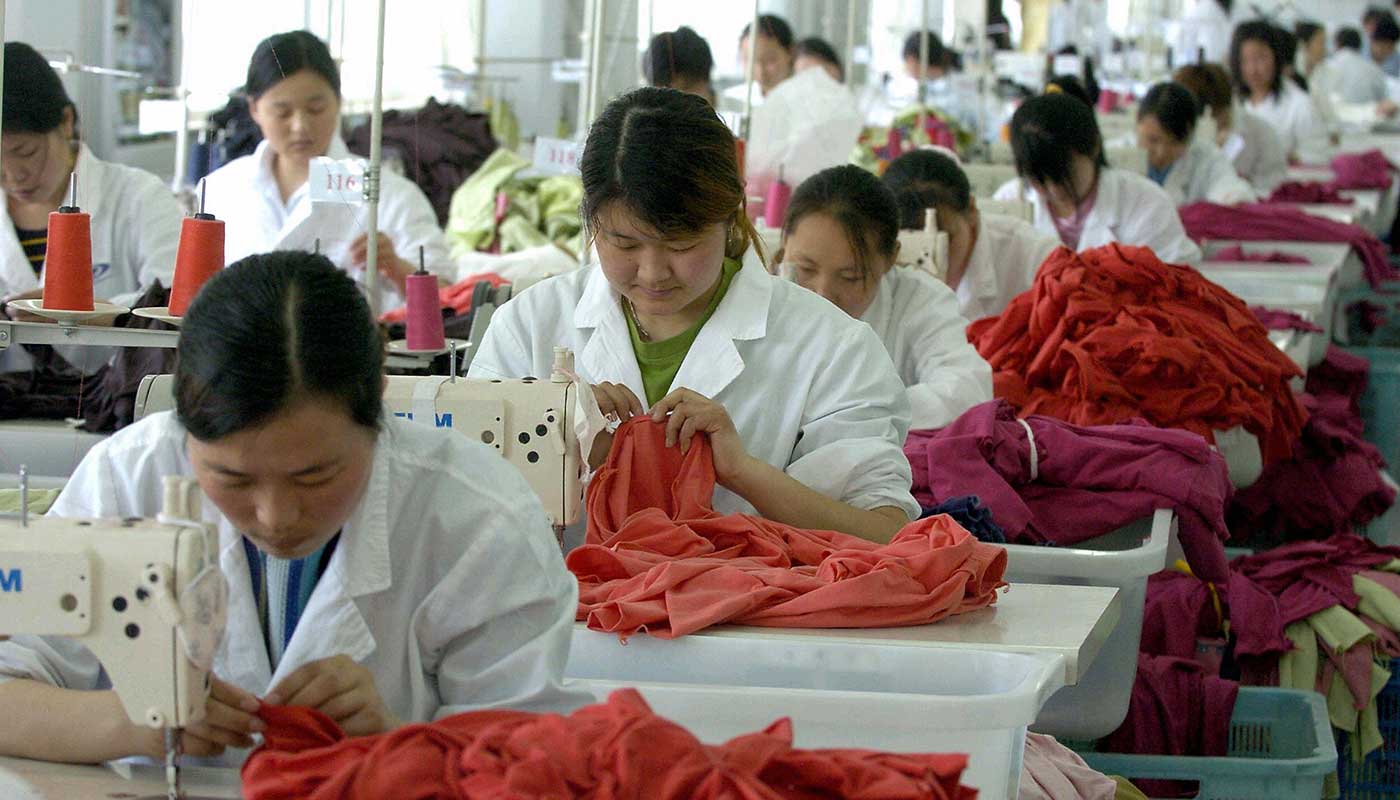How will China respond to Donald Trump’s new tariffs?
$16 billion in Chinese imports to be hit with 25% tariff in two weeks

A free daily email with the biggest news stories of the day – and the best features from TheWeek.com
You are now subscribed
Your newsletter sign-up was successful
The Trump administration has announced a further round of tariffs on Chinese imports, escalating a mounting trade war that has raised concerns among US businesses that the cost of goods for American consumers is set to rise.
According to the US Trade Representative’s Office (USTR), a total of 279 Chinese products will attract tariffs, down from an initial list of 284 products that was published on 15 June.
CNBC reports that the latest list “brings to about $50 billion in goods that now face a 25% tariff”, noting that “semiconductors, among the largest categories, remained on the list”.
The Week
Escape your echo chamber. Get the facts behind the news, plus analysis from multiple perspectives.

Sign up for The Week's Free Newsletters
From our morning news briefing to a weekly Good News Newsletter, get the best of The Week delivered directly to your inbox.
From our morning news briefing to a weekly Good News Newsletter, get the best of The Week delivered directly to your inbox.
Bloomberg reports that the $50 billion total could increase soon, with the USTR “reviewing 10% tariffs on a further $200 billion in Chinese imports, and is even considering raising the rate to 25%”, which may come into effect on 6 September.
The move comes despite vows from China that it will impose tit-for-tat tariffs on US products, including meat, coffee and automobile parts, and complaints from Beijing accusing the US of “trade blackmail”.
“In violation of the bilateral consensus reached after multiple rounds of negotiations, the United States has again unilaterally escalated trade frictions,” the Chinese State Council Tariff Commission said in a statement.
The announcement comes after Donald Trump took several swipes at China over the weekend, including telling a rally that he holds the advantage over China, and that playing hardball on trade is “my thing”.
A free daily email with the biggest news stories of the day – and the best features from TheWeek.com
“Tariffs are working big time. Every country on Earth wants to take wealth out of the US, always to our detriment. I say, as they come, tax them, If they don’t want to be taxed, let them make or build the product in the US. In either event, it means jobs and great wealth,” Trump said.
-
 The ‘ravenous’ demand for Cornish minerals
The ‘ravenous’ demand for Cornish mineralsUnder the Radar Growing need for critical minerals to power tech has intensified ‘appetite’ for lithium, which could be a ‘huge boon’ for local economy
-
 Why are election experts taking Trump’s midterm threats seriously?
Why are election experts taking Trump’s midterm threats seriously?IN THE SPOTLIGHT As the president muses about polling place deployments and a centralized electoral system aimed at one-party control, lawmakers are taking this administration at its word
-
 ‘Restaurateurs have become millionaires’
‘Restaurateurs have become millionaires’Instant Opinion Opinion, comment and editorials of the day
-
 Currencies: Why Trump wants a weak dollar
Currencies: Why Trump wants a weak dollarFeature The dollar has fallen 12% since Trump took office
-
 TikTok: New owners, same risks
TikTok: New owners, same risksFeature What are Larry Ellison’s plans for TikTok US?
-
 Trump wants a weaker dollar, but economists aren’t so sure
Trump wants a weaker dollar, but economists aren’t so sureTalking Points A weaker dollar can make imports more expensive but also boost gold
-
 Leadership: A conspicuous silence from CEOs
Leadership: A conspicuous silence from CEOsFeature CEOs were more vocal during Trump’s first term
-
 The end for central bank independence?
The end for central bank independence?The Explainer Trump’s war on the US Federal Reserve comes at a moment of global weakening in central bank authority
-
 Can Trump make single-family homes affordable by banning big investors?
Can Trump make single-family homes affordable by banning big investors?Talking Points Wall Street takes the blame
-
 Phish food for thought: Ben & Jerry’s political turmoil
Phish food for thought: Ben & Jerry’s political turmoilIn the Spotlight War of words over brand activism threatens to ‘overshadow’ the big ice cream deal
-
 What a rising gold price says about the global economy
What a rising gold price says about the global economyThe Explainer Institutions, central banks and speculators drive record surge amid ‘loss of trust’ in bond markets and US dollar